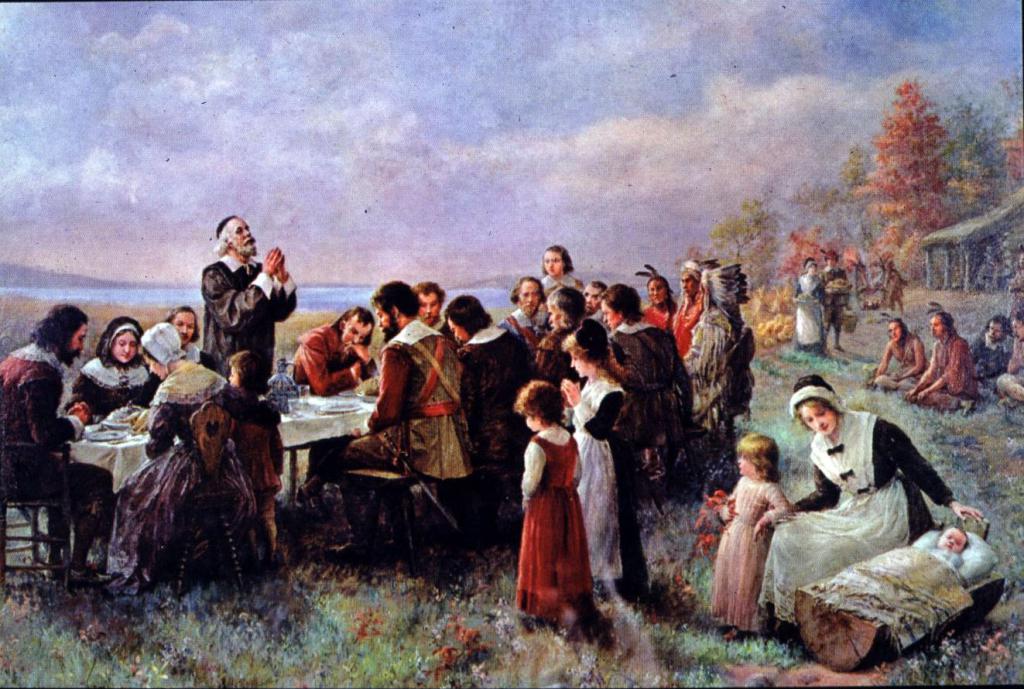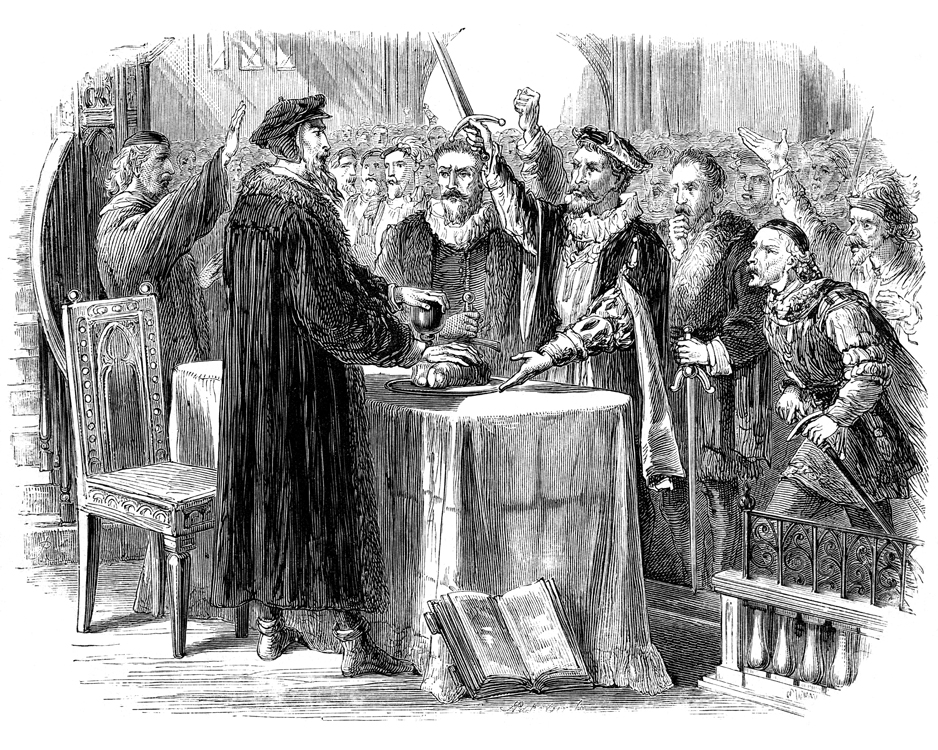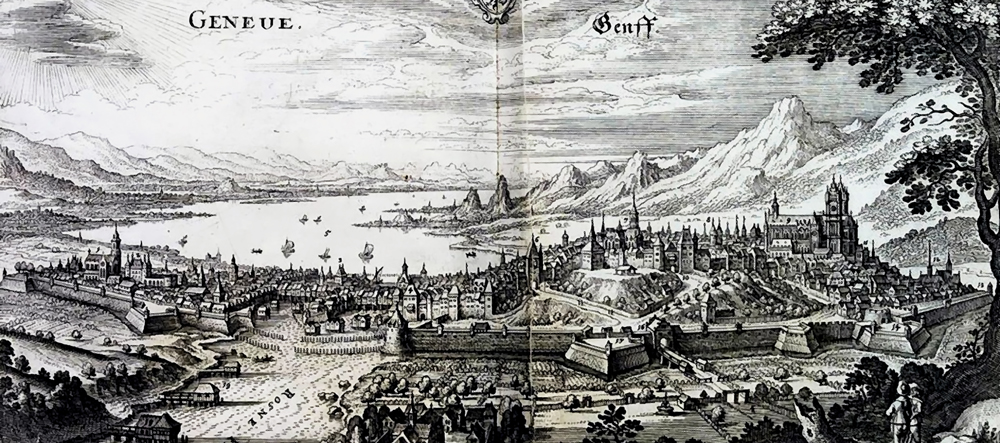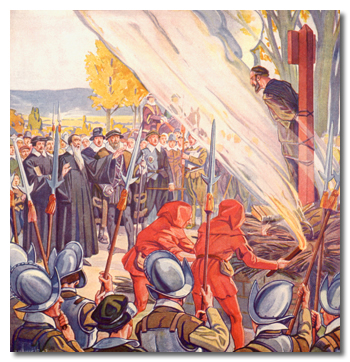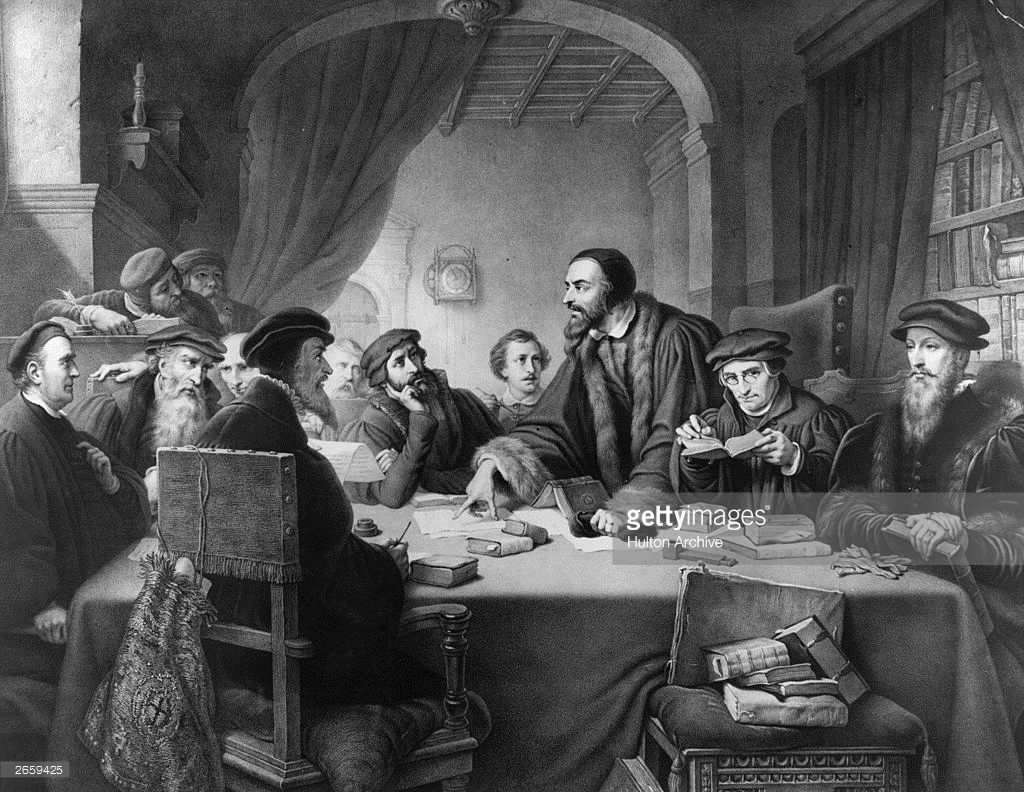
Debates about justification and New Perspective on Paul (NPP) seemed to have quietened down for a while, but recently the debates have received new impetus with the publication of three books by Matthew Bates – Salvation by Allegiance Alone, [SAA] Gospel Allegiance [GA] and Beyond the Salvation Wars [BSW]. It is undeniable that the teachings of the NPP (represented by N.T. Wright-Scot McKnight-Matthew Bates) are in conflict with the doctrine of justification and salvation taught in the historic Confessions of the Reformation. However, Bates writes, “Yet the creeds are not good stand-alone teaching tools about the gospel without an intervening reframing. The biblical and apostolic gospel relentlessly emphasizes Jesus’s messianic kingship—and this is muted in the creeds. Furthermore, creeds are doctrinal statements that invite intellectual affirmation – belief – more than allegiance.” [BSW54] Apparently, Bates seeks to intervene, reframe (and revise) the historic Reformation teaching of salvation based on his new perspective on faith and salvation, that is, salvation is by allegiance to Christ the king. Continue reading “N.T. Wright-Scot McKnight-Matthew Bates New Perspective on Faith and Salvation”
 What is Biblicism?
What is Biblicism?